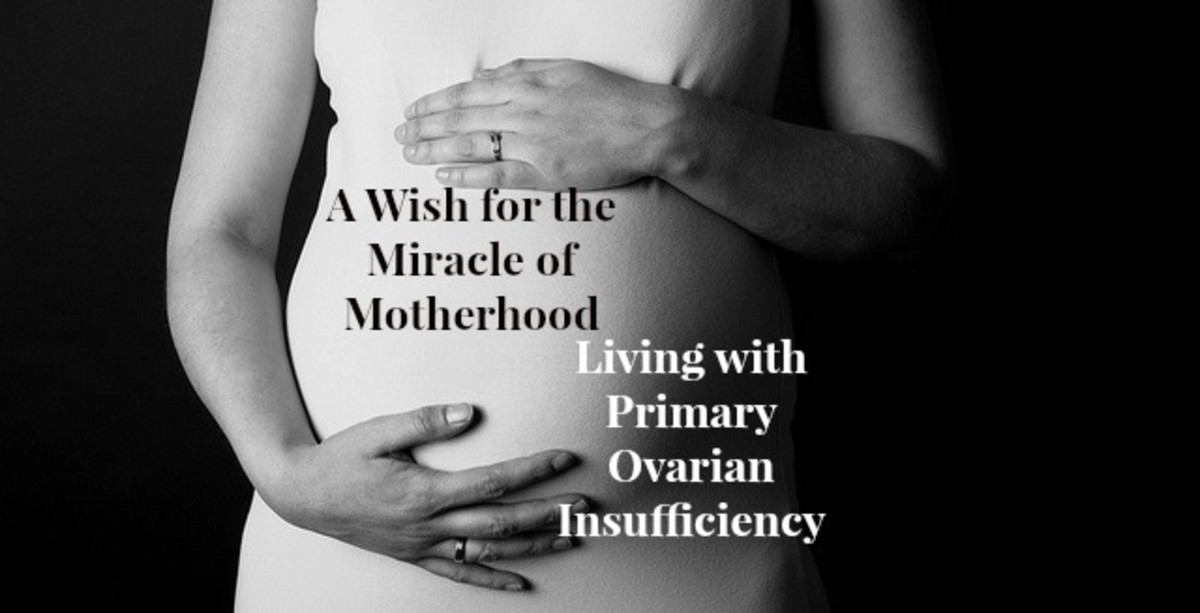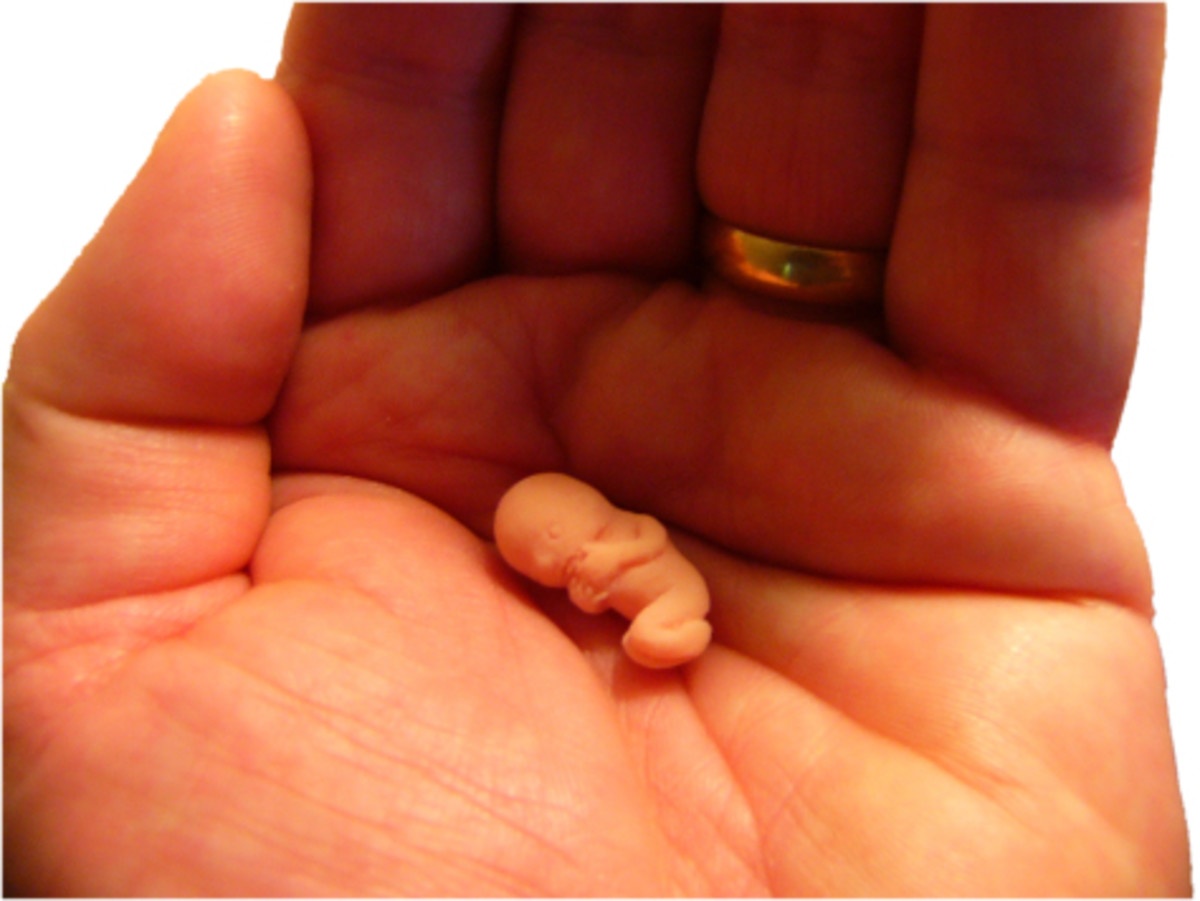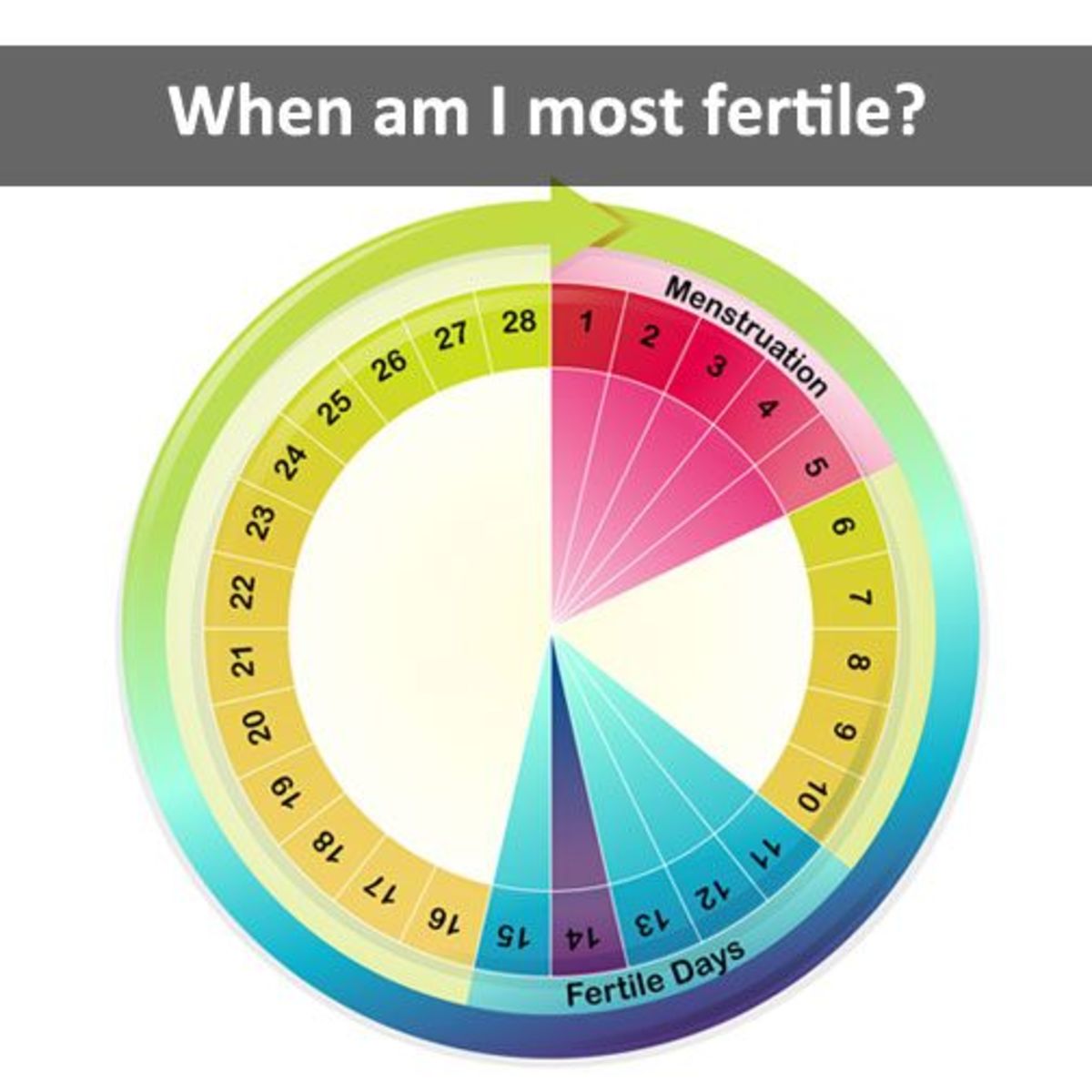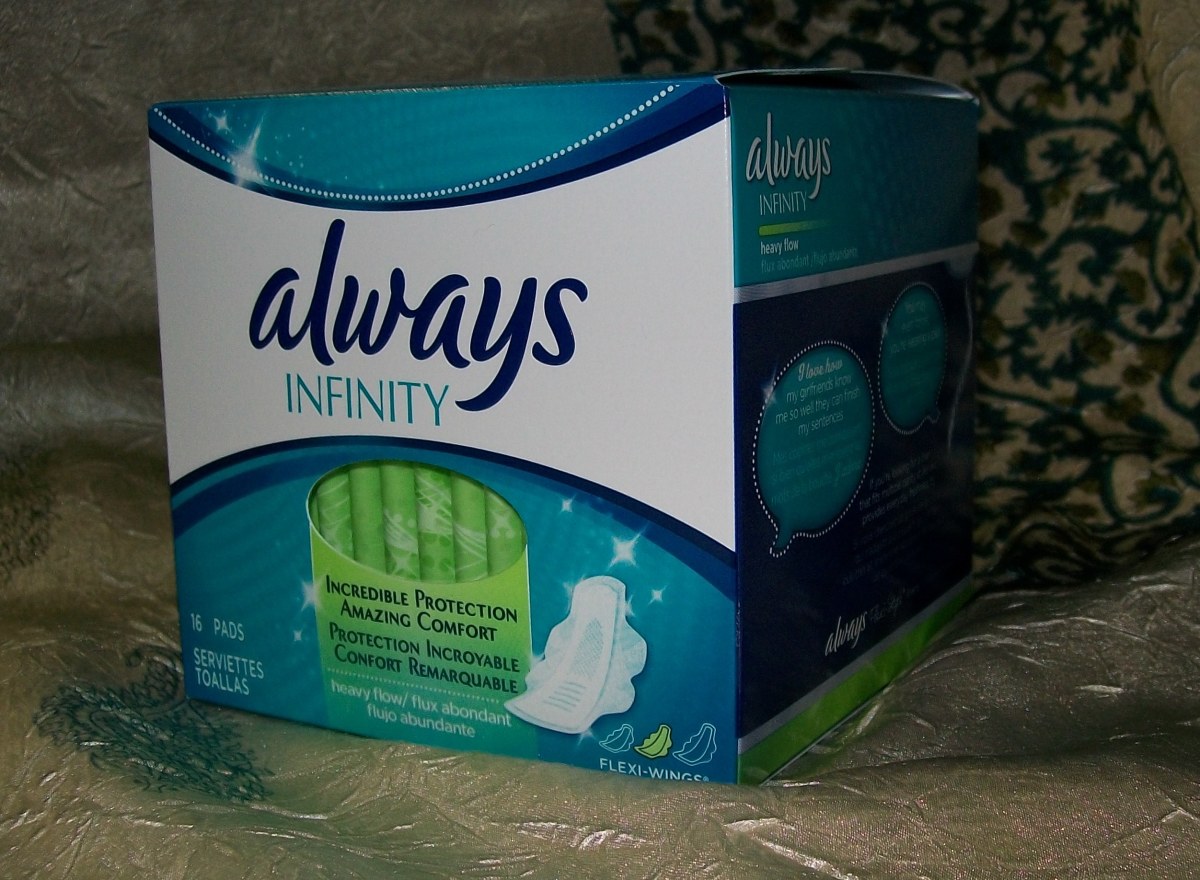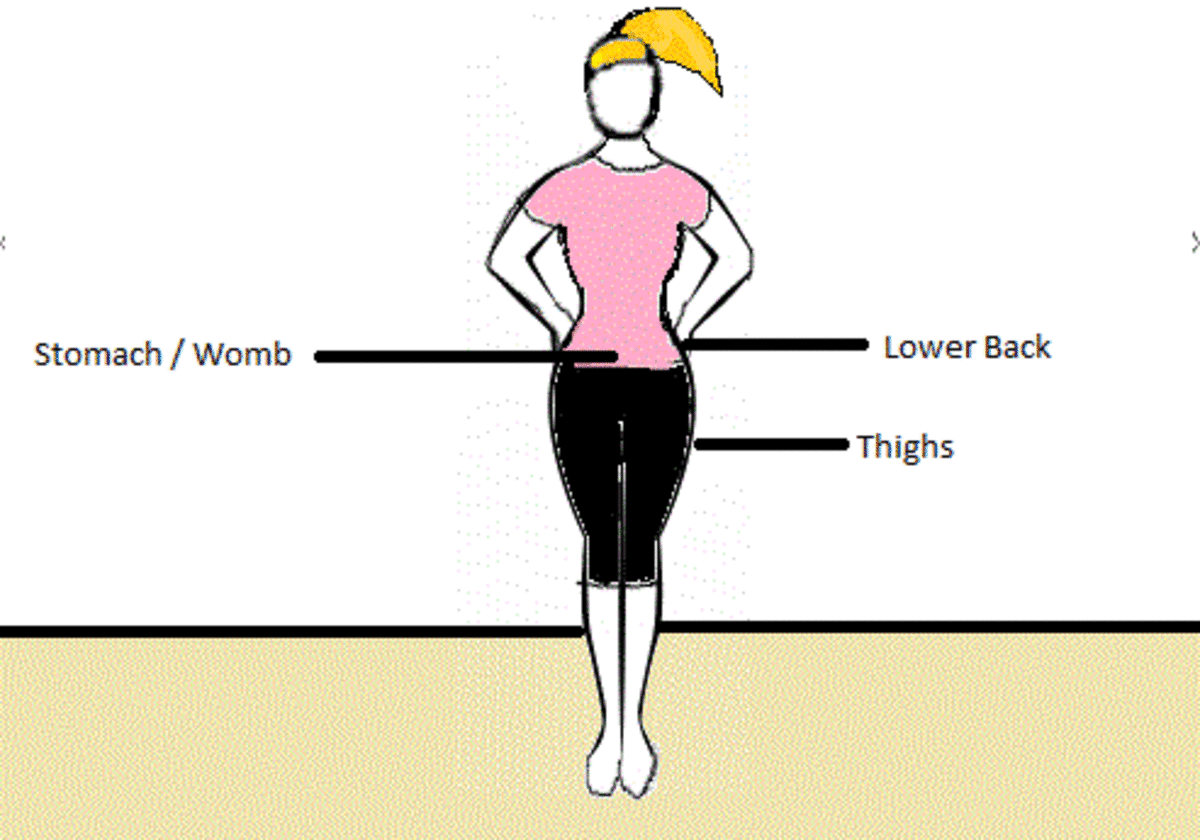Causes of Irregular Periods and Natural ways to have a Regular cycle

A normal menstrual cycle lasts 28 days, plus or minus seven days. Menstrual bleeding is considered irregular if it occurs more frequently than every 21 days or lasts longer than 8 days. Missed, early, or late periods are also considered signs of an irregular cycle.
Causes of irregular periods.
The cause for irregular periods may be different in different women.Some of the causes of menstrual irregularities are discussed below:
Cervical stenosis
Obstruction of the menstrual flow can be caused by narrowing or closure of the cervical canal or cervix. This type of obstruction is caused by:
- cauterization (the destruction of tissue with an instrument, or the burning of tissue with a caustic substance)
- Chronic infection
- cone biopsy (removal of abnormal tissue from cervical canal)
- cryosurgery (the destruction of tissue with extreme cold, cryosurgery is used to treat tumors)
- laser surgery
- Irradiation of the cervix.
Asherman’s syndrome
It is an acquired uterine condition characterized by formation of adhesions or scars inside the uterus or cervix.most Women with Asherman’s Syndrome have scanty or absent periods.These adhesions or scars form when endometrial lining is injured and as a response the normal wound healing process occur leading to fusion of damaged areas.Often,intrauterine scars or adhesions occur as a result of:
- Dilation and curatage performed because pf missed or incomplete miscarriage
- Retention of placenta after delivery
- Elective abortion

Hypothalamic causes of irregular periods
There are a number of factors that interfere with GnRH hormone release from hypothalamus. This hormone controls pituitary gland which in turn controls ovaries.
Stress
Stress( traveling, leaving home,relationship difficulties ,anxiety about a big event or a specific problem) can lead to menstrual irregularities .When a woman is stressed her estrogen levels are low and as a result often ovulation does not occur.
Change in weight
Menstrual irregularities occur if body’s fat content drop below 25%.If a woman puts on a lot of weight in a short period then that too will interfere with her menstrual cycle.
Strenous or rigourous exercise
GnRh release from Hypothalmus is negatively affected by rigorous exercise for long periods.Endurance athletes often have this problem.
Renal or liver failure
Chronic renal or liver failure or any other serious prolonged disease can interfere with menstruation,because of their effect on Hypothalamus.
Post-Pill amenorrhoea
About 80% of women begin to have periods within three months, after stopping the pill.But some,about 1 %may not have periods for six months or longer.These women may have poly cystic ovarian syndrome which was not apparent because the pill caused regular periods.
Phantom Pregnancy
Phantom pregnancy is in medical terms called pseudocyesis.When a woman has an intense desire to have a child which may be because of infertility,repeated miscarriages,desire to get married or impending menopause,her body may produce signs which trick her mind to produce higher than normal levels of prolactin and lutenising hormones.Higher levels of these hormones cause cessation of menses.
Hypothalamic lesions
when there are lesions in hypothalamus,thus causing very low levels of FSH(follicle stimulating hormone) and LH(lutenising hormone).when these hormones are very less in concentration they are unable to stimulate follicle development and estrogen production thus causing irregular periods.
Pituitary lesions
Malignant or non-malignant tumors of the pituitary gland can cause menstrual irregularities.The most common among them are prolactinomas which cause increased production of prolactin,lead to hyperprolactinaemia.
Pituitary insufficiency
Sometimes the pituitary tissue can be damaged by severe hemorrhage(hemorrhage after child birth causing injury to pituitary glad is called sheehan’s syndrome)blood clots or lack of oxygen.In such conditions the the levels of hormones for menstruation –FSH,LH and estrogen all are low.

Polycystic ovarian syndrome
Women having polycystic ovarian syndrome(PCOS) develop very small cysts on their ovaries.These cysts are not harmful but cause an abnormal hormone profile in the woman and thus interfering with periods or menstruation.Often women suffering from PCOS may have less than nine periods in year ,some have no periods or some experience heavy bleeding.
If left untreated polycystic ovarian syndrome might cause serious health issues like Diabetes and heart diseases.
Empty sella syndrome
It’s a rare syndrome caused by absence of membrane that separates pituiarty and hypothalamus or the membrane is present but incomplete.The cause for it might be;
- Congenital
- Surgery
- Irradiation
- Tumor
The pituitary gland appears to be absent on X ray.Scanty or absent periods is the result.
Breastfeeding
Breastfeeding is initially associated with high prolactin levels which cause ovulation and periods to stop.
Some mothers may not see their periods for weeks ,months or years while others whose baby may take supplemental food,may see their periods return.Once periods return they continue to be irregular during breastfeeding.
Hyperthyroidism
Infequent,lighter than normnal,or sporadic periods are often associated with hyperthyroidism.
Hypotheroidism
Frequent periods or excessive and heavy prolonged menstrual bleeding is usually associated with hypothyroidism.
Cushing’s syndrome
When the level of cortisol hormone is very high in a woman’s body,she may develop Cushing’s syndrome.This syndrome is associated with a wide range of symptoms including obesity, thinning of the skin, fatty tissue deposits around the neck and upper back, , hirsutism ,high blood pressure,diabetes and irregular or absent menstrual periods.
Cushing syndrome can be caused by;
- Adrenal tumors
- Pituitary tumors
- Medications such as prednisone
Congenital adrenal hyperplasia
It’s an inherited disease,causing swelling of adrenal glands.Adrenal glands produce very less cortisol and too much adrogens.It’s symptoms in females are;
- Lack of periods (amenorrhoea).
- Light periods (oligomenorrhoea).
- Polycystic ovary syndrome - a condition in which lots of cysts are found in the ovaries.
Androgen-secreting adrenal and ovarian tumors
These very rare, often malignant tumors cause too much androgens secretions,leading to menstrual irregularities.
Premature ovarian failure
Failure of ovaries to perform their normal functions, before 40, is defined as premature ovarian failure. It may arise from an auto-immune response or because of a failure of the ovarian tissue to respond to FSH and LH.Toxin induced failure of ovary is usually caused by chemotherapy and radiation therapy.cigarette smoke,pesticides,chemicals may also damage the ovaries.The symptoms of premature ovarian failure are like those of women going through menopause;
- Irregular or missed periods
- Vaginal dryness.
- Irritability
- Hot flashes and night sweats

Drugs
- The phenothiazides (for example, Largactil, Stemetil, Stelazine) can increase prolactin levels and lead to menstrual irregularities. Some blood pressure lowering drugs(Aldactone and Aldomet) can also interfere with normal menstrual cycle.
Other drugs that cause irregular or missed periods are;
- Nonsteroidal anti-inflammatory drugs (NSAIDs), such as ibuprofen.
- Hormonal forms of birth control, such as birth control pills, Depo-Provera injections, Implanon or Nexplanon implants, and the levonorgestrel IUD (Mirena).
- Hormone therapy.
- Medicines used to treat cancer (chemotherapy).
- Thyroid medicines.
Natural ways to treat irregular periods
To treat irregular periods naturally,following steps may be helpful.
Eat well
Often menstrual irregularities are caused by poor eating habits. Nutritional deficiencies cause low body weight and low body fat leading to less estrogen level and a higher risk of osteoporosis. Hormone replacement and oral contraceptives can be used to reduce the loss of bone density caused by low estrogen level but the best approach is to eat well.
Women who are overweight should choose to eat low glycemic index foods.Because such type of foods are digested slowly and do not cause spikes in sugar level,thus helping to control weight.
Take long slow walks
Exercise is good for health but heavy strenuous exercise is destructive to a woman’s menstrual cycle.So avoid heavy exercise.Taking a walk in a natural setting is the best exercise for women.Cycling ,light jogging and swimming are also good.Swimmers have less chance of having menstrual irregularities than ballet dancers,distance runners and gymnasts.Women who have a prior history of irregular menstrual cycles, light periods or amenorrhoea are more prone to problems caused by strenuous exercise.

Stress
Stress should be avoided, as high stress levels increase prolactin production,which is associated with irregular periods. When you are stressed your Vitamin C requirements increase, so take supplements that provide enough vitamin C and other essential nutrients. Herbal teas such as chamomile and lime flowers (Tilia europa) are good for health and have calming effect on body. Oats or porridge are good for the nervous system, and an extract of the green oat seed is used by herbalists for depression and exhaustion.
Rescue Remedy, a Bach flower essence can be used to relieve tension and anxiety often associated with worrying events like exams,job interview or public speaking etc.It can also help you sleep if you are worried and unable to sleep.
Keep weight in normal range
If your weight is very less or too much it will affect your menstrual cycle.Weight that falls in the range between 20 and 25 on BMI is normal. Anything below 20 is considered to be underweight; overweight is between 26 and 30; and obese is more than 30.
The body mass index (BMI) is a method used to determine whether a person’s weight is in the correct range for their height.
To determine BMI divide weight in kilograms by height in meters squared.
For example, if you weigh 52 kg and your height is 1.75 m, your BMI can be calculated by dividing 52 by 1.7 x 1.7 (2.89) which equals 17.99. Your BMI is 18 which is considered to be underweight.
Avoid Recreational drugs
Alcohol, cigarettes, opiates and cocaine can all affect the menstrual cycle.
- Coffee (more than two cups per day) is linked to infertility. Though it may not cause menstrual irregularities but can increase menstrual pain, especially if consumed during the period.
- Excessive use of alcohol has been linked with infertility because it leads to― ovulatory failure among women with endometriosis, and increases the risk of developing endometriosis in healthy women. Alcoholism increases the chance of early menopause, and can also increase prolactin production which in turn may cause erratic cycles, menorrhagia or amenorrhoea.
- Cocaine use is associated with higher levels of prolactin and abnormal menstrual cycles.
- Cigarette smoking lowers estrogen levels, and is linked with an increased incidence of menstrual irregularity, infertility and earlier menopause.
Recreational drugs which interfere with periods usually have an impact on the levels of one or more of the hormones. These effects can translate into more serious problems such as osteoporosis and Infertility,so, it’s wise to avoid things that negatively affect menstruation.

Agnus castus
Agnus castus has traditionally been used for controlling and regulating female hormones.It’s benefits stem from its action on pituitary glands increasing lutinizing hormone production.LH inturn induces progestron secretion,which helps regulate a woman’s menstrual cycle.
some menstrual irregularities are caused by hyperprolactiminea ,agnus castus decreases prolactin levels and thus can help infertile women.
How to take Agnus Castus
- Agnus castus in the tincture form works faster
- Take the tincture every day of your cycle, not just the week before your period, as it needs to balance the hormones over the whole cycle.
- Once your periods have become regular,stop taking it. You can start again if you see menstrual irregularities return.
Precautions:
Don’t take Agnus castus if you are using hormonal contraceptives, such as the Pill,the contraceptive injection, the mini Pill, the coil, or an implant.
Don’t take Agnus castus if you are on anticancer medication.



